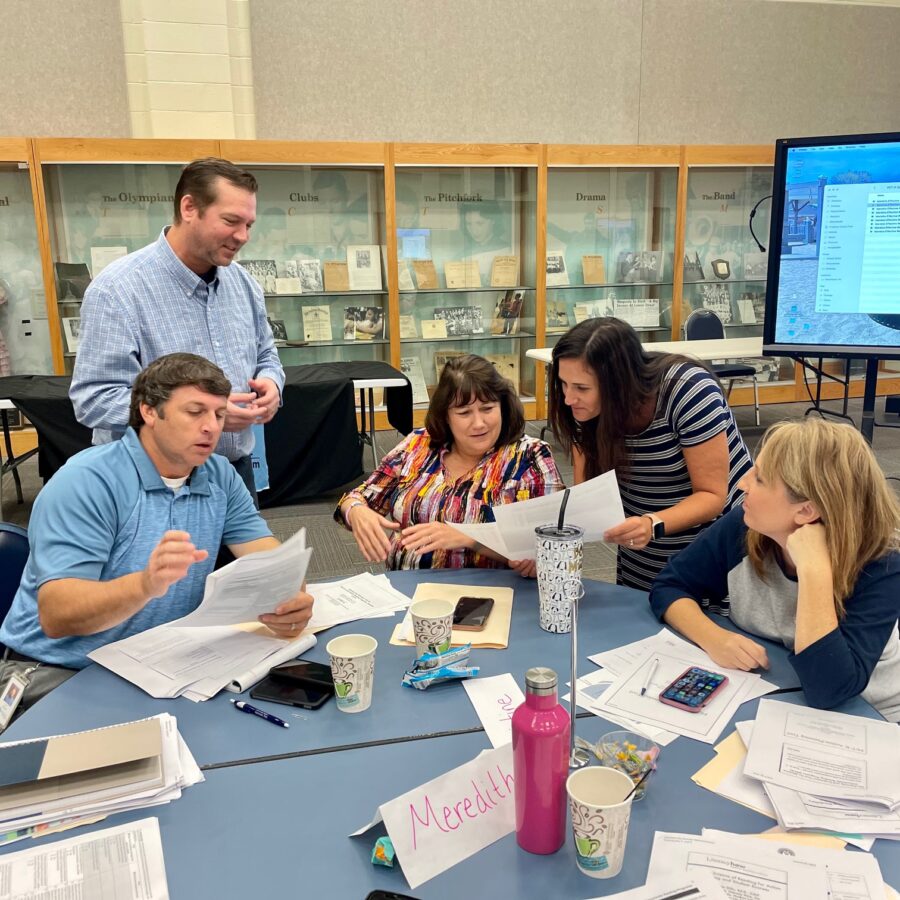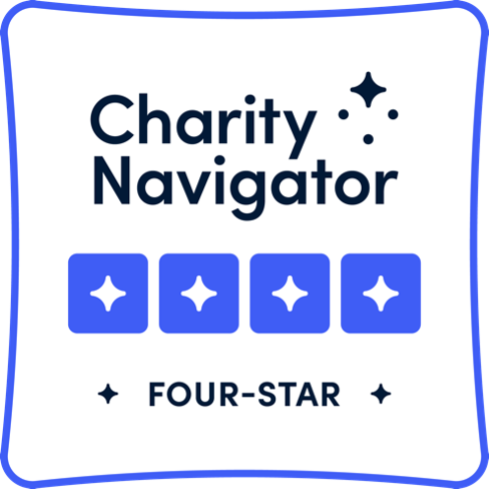Did you know that while 95% of children can learn to read, only 32% of kids in America are reading proficiently by the end of 3rd grade? That means 63% of children are falling behind, with the most significant impact on communities of color and children born in poverty.
But there’s hope! United Way of Greater Atlanta, along with the Joseph B. Whitehead Foundation and other supporters, is dedicated to changing this through an initiative called Literacy and Justice for All. This region-wide effort aims to bring the Science of Reading to our community, improving literacy so all kids can be strong learners.
What is the Science of Reading?
The Science of Reading is a collection of research from fields like education, psychology, and neuroscience. It helps us understand how kids learn to read and the best ways to teach them. Here are the key skills involved:
- Phonemic Awareness: Recognizing and playing with the sounds in words.
- Oral Language: Speaking and listening skills that form the basis for writing.
- Phonics: Connecting letters to their sounds for reading and spelling.
- Fluency: Reading quickly and accurately with expression.
- Vocabulary: Knowing what words mean and how to use them.
- Comprehension: Understanding and interpreting what you read.
How United Way and partners are making a difference
At United Way of Greater Atlanta, we’re committed to improving literacy and educational equity through initiatives like Literacy and Justice for All. Here are some reasons why this work is essential:
- Early Literacy Matters: Being able to read by 3rd grade is crucial for future success in school and life. Kids who read well by 3rd grade are more likely to graduate high school and succeed in their careers.
- Addressing Inequities: Literacy rates are often tied to socioeconomic factors, like zip code, race and ethnicity. By focusing on the Science of Reading, United Way aims to ensure all kids have the same chances to succeed, no matter their background.
- Research-Based Methods: The Science of Reading is backed by years of research, offering proven strategies for teaching reading effectively.
- Community Support: Programs like Literacy and Justice for All partner with local schools, healthcare providers, and community organizations to support children from birth through 3rd grade, building a strong foundation for lifelong learning.

A recent Forbes article highlights the vital role nonprofits play in helping schools address academic gaps—with nonprofit investments providing support for innovation, ideation and testing new approaches. Our work with Literacy and Justice for All has shown how effective partnerships can create lasting change in education.
After the implementation of Literacy and Justice for All in Marietta City Schools, third-grade reading scores saw growth five times larger than both state and metro Atlanta scores. Thanks to our collective efforts, Literacy and Justice for All has made significant progress in improving literacy and can serve as a model for similar initiatives statewide.
Georgia’s progress
Georgia is headed in the right direction, and Literacy and Justice for All plays a significant role in that progress. Georgia Reads Day (September 30) is an opportunity to reflect on the strides we’ve made, and the work ahead.
As of August 2024, 39 states, including Georgia, have adopted new policies to improve reading instruction. These changes focus on using evidence-based methods to enhance reading outcomes for students. By adopting proven strategies, enacting supportive legislation and investing in teacher training, states across the country are working to replicate models like Literacy and Justice for All as well as Mississippi’s documented success to improve literacy for all students.
Literacy and Justice for All is leading the way, not just in transforming education but also in showcasing the power of public-private partnerships. Our investment in Literacy and Justice for All has helped redirect public funds to support literacy efforts at local and state levels.
Here are a few key pieces of legislation in Georgia aimed at improving reading instruction:
- Georgia Council on Literacy (SB 211): This bill established a council to monitor and report on literacy initiatives across the state.
- Georgia Early Literacy Act (HB 538): This act requires regular reading proficiency screenings for K-3 students and mandates teacher training in the Science of Reading.
- Dyslexia Identification and Supports (SB 48): This legislation requires dyslexia screenings for K-3 students and includes support for teachers and families.
Improving Georgia literacy rates is a group effort—and we need your help.
Together with partners, educators and supporters, we’re paving the way for a brighter future for all Georgia children. By investing in the Science of Reading and supporting structured literacy through legislation, United Way of Greater Atlanta is working to improve literacy rates and equitable educational opportunities for all kids.
It’s important work, and we couldn’t do it without partners like the Rollins Center for Language and Literacy at the Atlanta Speech School, Marietta City Schools, Atlanta Public Schools, KIPP Metro Atlanta Schools and the support of the Joseph B. Whitehead Foundation and donors like you.
If you agree that all kids deserve opportunities to become strong learners, consider joining us in this work by donating today.
Written by Cori Cain, Associate VP of Strong Learners at United Way of Greater Atlanta





